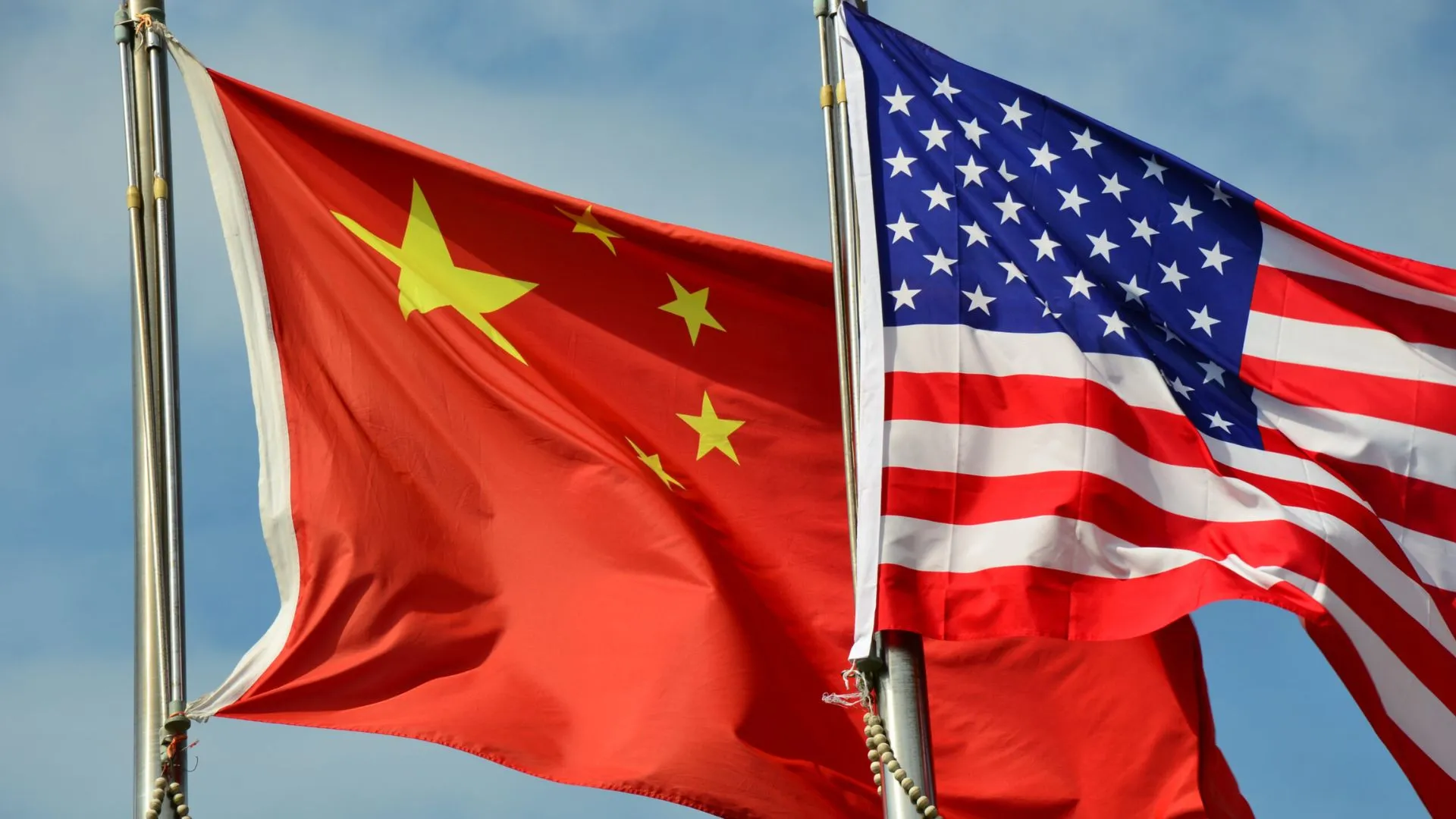On the occasion of India’s 78th Independence Day, Prime Minister Narendra Modi delivered a comprehensive and forward-looking address from the iconic Red Fort. Modi’s speech, marking his 11th consecutive Independence Day address, was a blend of celebration and ambition, outlining his vision for India’s growth during what he termed as the country’s “Amrit Kaal”—a period of rejuvenation and progress.
Embracing India’s Legacy and Pioneering in Gaming
Prime Minister Modi began by highlighting the importance of leveraging India’s rich ancient legacy and literature to fuel the country’s future growth. He specifically advocated for the development of “Made in India” gaming products, urging Indian professionals to not only excel in gaming but also lead the global gaming market through innovative production. “Indian games should make their mark worldwide,” Modi emphasized, underscoring the need for India to become a significant player in the global gaming industry.
The gaming sector in India has witnessed remarkable growth, with several games drawing inspiration from Indian mythology. Despite the dominance of mobile gaming, the country has made notable strides in the PC gaming arena. An example of this progress is the Indian team’s impressive qualification for the 19th Asian Games in Hangzhou, despite the absence of an official League of Legends server in India.
Aiming for Semiconductor Self-Sufficiency
PM Modi placed a strong emphasis on India’s goal to become a global leader in semiconductor production. Highlighting the strategic importance of semiconductors in modern technology—from smartphones to cloud servers—he stressed the need to reduce dependency on imports and achieve technological self-sufficiency.
The semiconductor industry in India is in its early stages, with significant investments and infrastructure developments underway. Four semiconductor plants are currently being developed, three in Gujarat and one in Assam, signaling a robust commitment to expanding this critical sector.
Vision for Manufacturing and Design Excellence
Modi’s speech also reflected his ambition to transform India into a global manufacturing hub. He called upon state governments to create conducive policies that attract investments, ensure good governance, and maintain law and order to build investor confidence. Introducing the concept of “Design in India, Design for the World,” Modi urged for the cultivation of indigenous design capabilities to cater to both domestic and international markets. He expressed a vision for Indian standards to be recognized globally as benchmarks of quality.
Commitment to Green Growth and Jobs
Addressing the challenges of climate change, Modi highlighted the importance of green jobs in driving sustainable growth. He reaffirmed India’s commitment to green hydrogen production and creating sustainable employment opportunities in environmental conservation and renewable energy sectors. The Prime Minister referenced India’s ambitious targets set during COP26 in 2021, including achieving 500 GW of non-fossil electricity capacity, generating half of all energy from renewables, and reducing emissions intensity by 45% by 2030. Modi emphasized that India’s progress in non-fossil energy sources would exceed these targets, with projections suggesting up to 65% of energy requirements coming from non-fossil sources by 2030.
Expanding Medical Education and Political Engagement
In his address, Modi also touched on the expansion of medical education. He announced plans to add 75,000 new medical seats over the next five years to enhance the country’s healthcare education capacity and meet the growing demand for medical professionals. Additionally, the Prime Minister called for a rejuvenation of the political system by inviting one lakh youth, particularly those from non-political families, to join the political arena. This initiative aims to combat nepotism and casteism, infusing fresh perspectives into Indian politics.
Reviving the Spirit of Nalanda University
PM Modi concluded his speech with a call to revive the spirit of ancient educational institutions like Nalanda University. He expressed a vision of positioning India as a global education hub by promoting higher learning and research. This vision builds on the recent inauguration of Nalanda University in 2024, aiming to reinforce India’s historical legacy as a center of learning and knowledge.






















